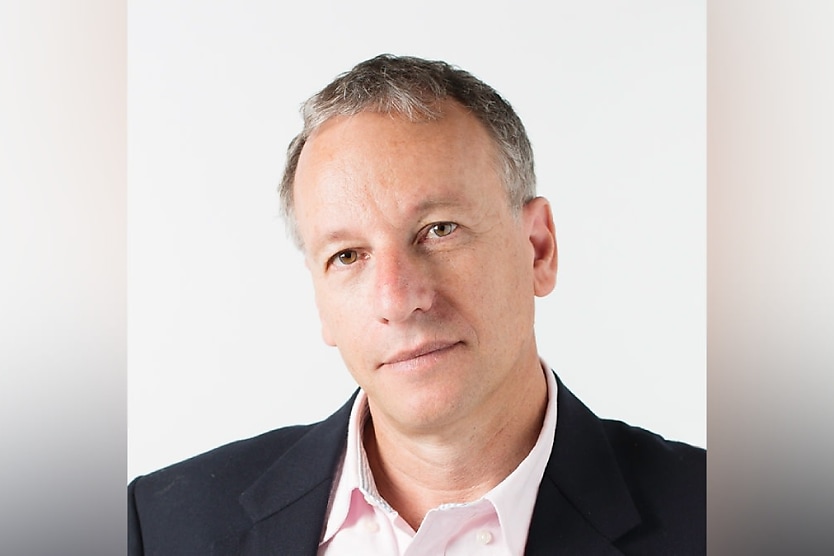‘People-first culture’ increases employee retention according to Enboarder
SHARE THIS ARTICLE

Founder of Enboarder Brent Pearson sat down with The HR Leader to give his insight on the importance of people leaders promoting human connection at work.
Mr Pearson explained that since day one of building Enboarder, he has considered “What are the core values? How do we make sure we live the values and how do we invest to create a strong people-first culture?”
Delving into the employee pain points of the onboarding process, his research led him to a study that examined varied onboarding strategies in connection to key business metrics like customer satisfaction and retention.
“The punchline was where they created a more personalised experience for those new hires, surprise, surprise, they stayed longer!
“I was blown away by this because it wasn’t like they moved the dial a little bit. It was a dramatic shift in the impact that they had on first-year staff turnover.”
Commenting on the findings, Mr Pearson said: “It’s the human connections which are what people stay for.”
“I’ve been really focused internally now on, ‘How do I rebuild the connections in our company worldwide?’”
Mr Pearson observed that, with the pandemic forcing employees into unprecedented separation, business owners must be proactive in finding new ways of fostering a stronger work culture.
“It’s about how you can really get to know the authentic employees that you’re working with and how you can discover mutual connections and shared areas of interest.”
Mr Pearson was surprised to find in his research that the demographic most interested in returning to the office is Gen Z.
“At first you think, ‘That’s a bit counterintuitive. I would’ve thought that young people would be more about working remotely in embracing tech.’ But it actually makes so much sense when you think about it.”
“They’re the ones that need social connections. They’re the ones that need the connectivity to advance their career,” he continued.
Mr Person encouraged other executive-level professionals to accommodate for these needs when refining their hybrid models and increasing retention.
He noted that, while you need to be competitive in all aspects of ensuring employee retention, it’s how your business facilitates opportunities for human connection that will be the deciding factor.
“I have to pay competitive salaries. If I can’t do that, I’m toast. But when the recruiters are sending inbound mails and things like that, what’s going to stop your staff from actually entertaining those offers?”
“It’s going to be the friendships and the connections that they make,” he concluded.
The transcript of this podcast episode was slightly edited for publishing purposes. To listen to the full conversation with Brent Pearson, click below:
RELATED TERMS
Your organization's culture determines its personality and character. The combination of your formal and informal procedures, attitudes, and beliefs results in the experience that both your workers and consumers have. Company culture is fundamentally the way things are done at work.
Employee engagement is the level of commitment people have to the company, how enthusiastic they are about their work, and how much free time they devote to it.
In a hybrid work environment, individuals are allowed to work from a different location occasionally but are still required to come into the office at least once a week. With the phrase "hybrid workplace," which denotes an office that may accommodate interactions between in-person and remote workers, "hybrid work" can also refer to a physical location.
